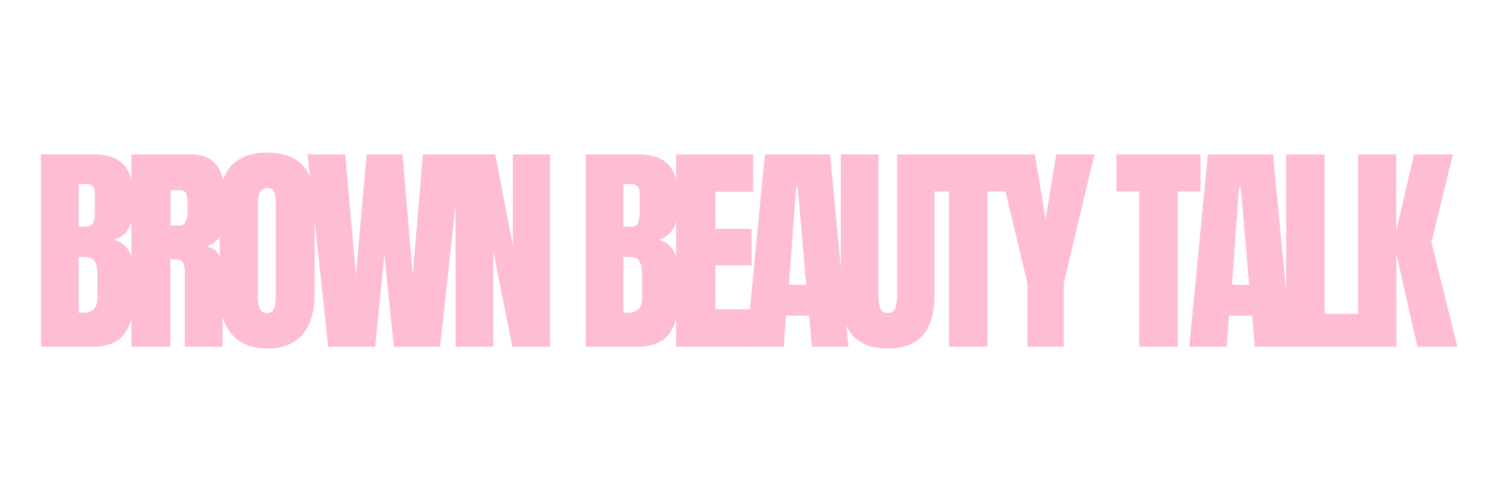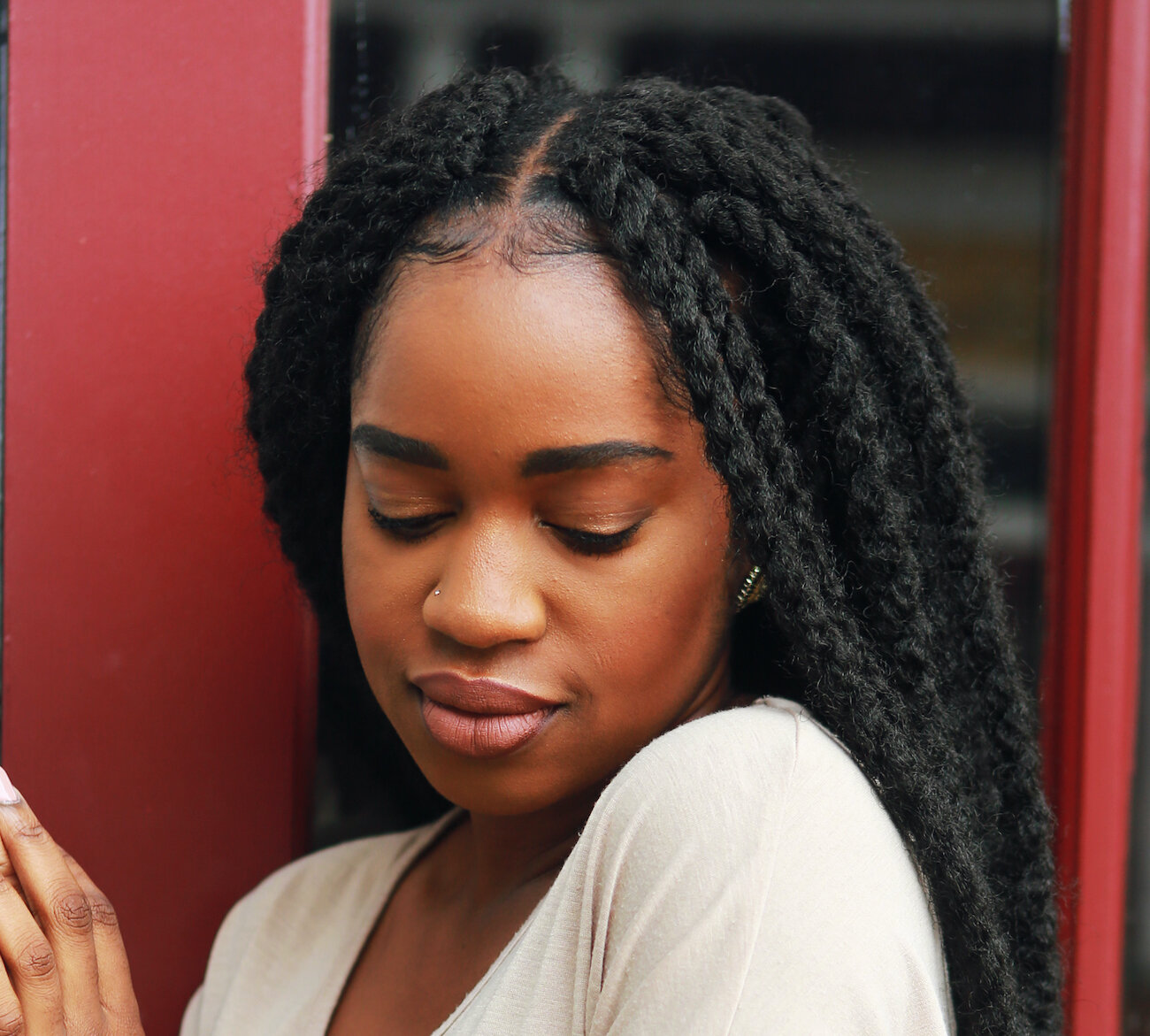OK confession time - I’ve done it and it’s highly likely that you have done it too. In fact oiling your scalp is probably amongst your earliest memories.
I remember my Mother used to apply oil to my scalp after my hair was washed and I carried on the tradition with my own daughter. However after generations of this practice, trichologists are urging you to stop oiling your scalp.
Ebuni Ajiduah, founder of Ebuni Ajiduah Hair and Stephanie Sey, founder of Stephanie Sey Trichology break it down for us.
Say no to oiling your scalp
Oils can cause an increase in naturally occurring yeasts that will exacerbate conditions like Seborrheic Dermatitis. Also oils like castor cause an excessive build-up of dirt and which can clog the hair follicles. It also provides the perfect environment for the scalp fungus malassezia which enjoys feeding off the fatty acids in the oil causing itching and flaking on the scalp.
Stephanie says, “Many people work on the notion that the oil will keep the scalp moisturised but this is not correct. It gives the illusion of making the scalp appear moisturised because it gives off a shine, but as the oil has sealed out all the moisture underneath the scalp is still dry.”
“Our scalp produces its own oil,” says Ebuni. “It’s a natural secretion called sebum, which coats the strand and helps to prevent moisture loss. By oiling our scalp, we interrupt the sebum regulation so the secretions lessen and the scalp can feel dry.”
Stephanie delves further into the topic. “It is the sebum that forms a barrier on the surface of the skin protecting it from the elements as well as bacterial infection. It also has another purpose - to travel down the hair shaft to lubricate and protect it."
So where did this misconception come from?
During the age of captivity and enslavement, Black people didn’t have the tools needed for hair care. Additionally, Sundays was the day off and only time slaves had time for self-care.
Hair washing and protective styling was done on this day with the aid of a brush, baking grease, butter or whatever household products they could find to moisturise and condition hair.
“While our ancestors may have had these rituals, it would have been appropriate to their time,” says Ebuni. “However, we have lost some context as to why it was necessary.”
Also with many well known Black haircare brands selling scalp oils, the availability of these products only added to the myth that as Black people, we need to oil our scalp.
While we do not dispute that scalp care is needed - and in fact crucial, there are other products that we can use that are effective.
So what should you put on your scalp?
Both experts agree, in order to keep scalp healthy, washing every seven to ten days will keep your scalp clean and begin to regulate sebum production. Ebuni advises products should be focused on the current needs of the scalp and hair. It is perfectly fine to use two different shampoos, meaning one for dry scalp then another for coloured hair.
You should to stay away from thick oily products and only apply conditioners to the mid lengths and ends. Any oils or butters should be reserved for the hair and used sparingly.
While Stephanie says we can use a scalp treatment such as a chemical exfoliant on the scalp; products containing sulphur and salicylic acid are usually good for this. However, if it feels tight or dry, try a hydrosol like rosewater or even aloe vera gel can be used.
If you want to give your scalp a bit of TLC then go for a scalp massage. Kieran Tudor, creative director of CENTRED, co-signs this. “A scalp massage provides a light exfoliation, stimulates blood flow and relieves tension.”
We know old habits die hard but you read it here - don’t oil your scalp!







